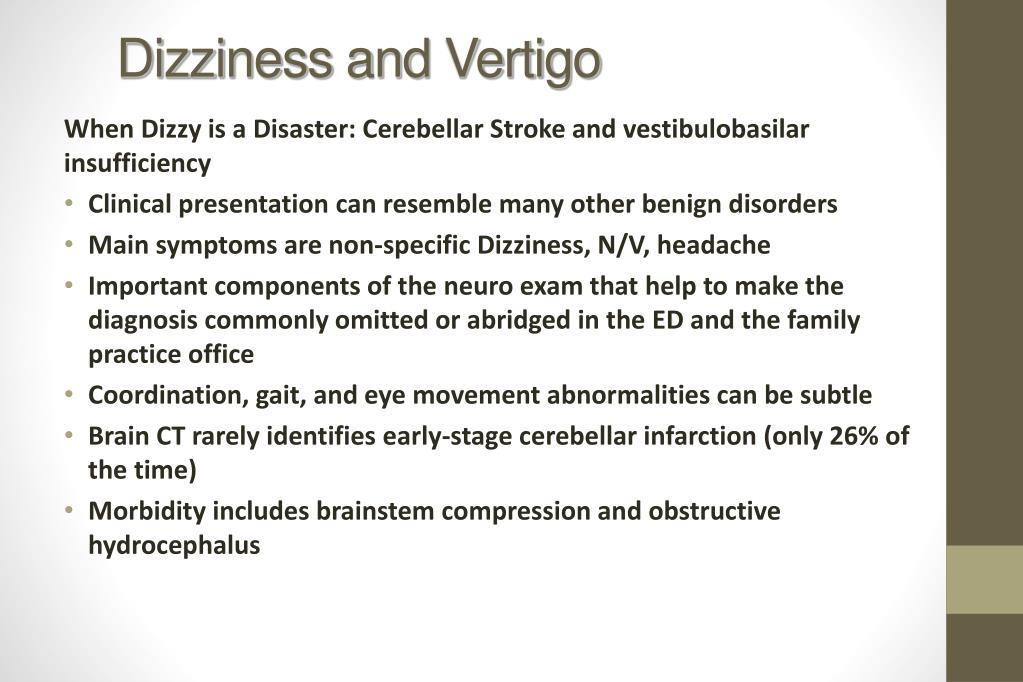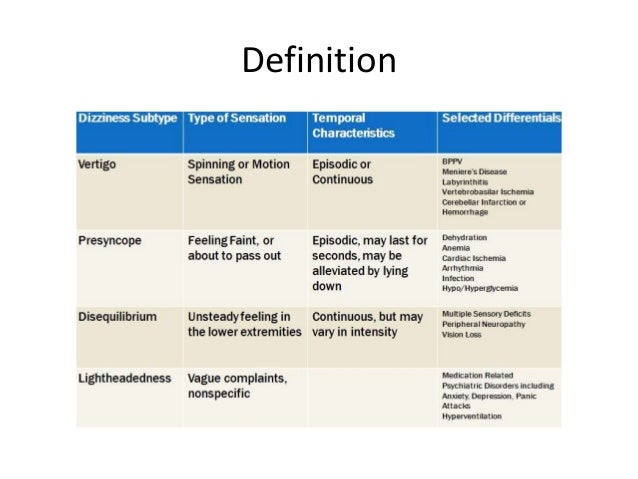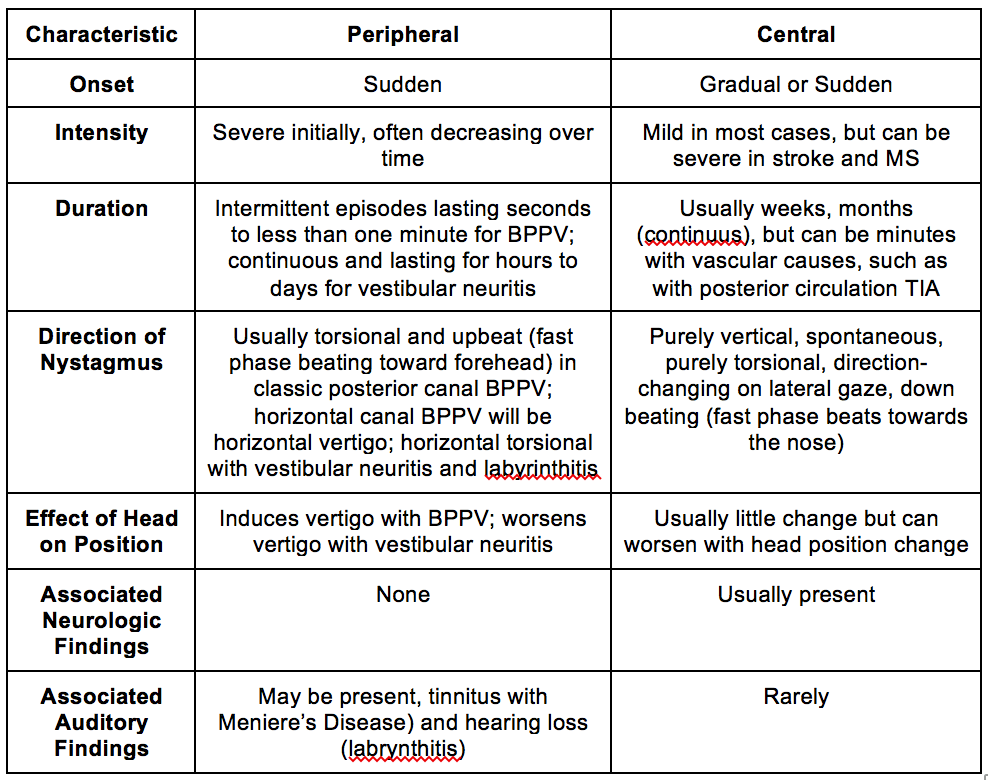

Migraines can very often cause vertigo as well. Most of this therapy is physical in nature, though it could involve medication use as well. Note, though, that it’s most commonly caused by head injuries.įortunately, there is therapy available to help manage BPPV. There are a number of conditions that can lead to BPPV, from aging to holding your head in a single position, and more. As such, if you suffer from problems-in-the-neck type of dizziness, there’s a good chance that you’re actually suffering from vertigo. Why is vertigo less common? Because its causes are less common.īenign paroxysmal positional vertigo or BPPV is a condition in which movements of the head and neck cause vertigo to arise. Vertigo is far less common than dizziness, which is suffered, more or less, by everyone at one point or another. Whether you just haven’t consumed enough calories in a given day or are malnourished over a long period of time, dizziness is a real possibility. As such, it too can lead to feelings of dizziness. Malnutrition can also wear down the brain’s processes. So, if you don’t get enough sleep or if you participate in a high-octane workout, you might start to feel a sense of dizziness. This can overwhelm your brain, leading to dizziness.Įxhaustion can wear down the processes in your brain, making you more susceptible to the above-reviewed factors. For instance, if you’re in a car and moving at high speeds, your spatial positioning will be changing essentially constantly. You might find this problem arises when you’re playing sports or riding amusement park rides.Īnother cause of dizziness is continuous changes in place. Spinning in circles, doing repetitive flips, and the like can all cause you to feel unbalanced. The most common cause of dizziness is a rapid movement of the body. The most common causes include the following. There are a number of different things that can cause dizziness. You feel almost as if the world is spinning around you. Vertigo has more to do with the feeling that the world around you is moving. As a result, your brain lags and isn’t able to process information in a timely manner an unbalanced feeling arises. For instance, you spin around in circles and have a difficult time understanding exactly where you are. Vertigo vs Dizziness: What’s the Differenceĭizziness is a condition associated with spatial discombobulation.

We’re going to get into the details below.

Not only are they caused by different factors, but they’re treated in different ways as well.Ĭurious as to the specific differences between vertigo vs dizziness? Then read on. These two conditions, which are often interlinked, can have a seismic negative effect on a person’s quality of life.īut what you might not know, however, is that they’re actually quite different from one another. In 2016, a study showed that, of those suffering from chronic headaches, as much as 56% of them also suffered from chronic vertigo or dizziness.


 0 kommentar(er)
0 kommentar(er)
